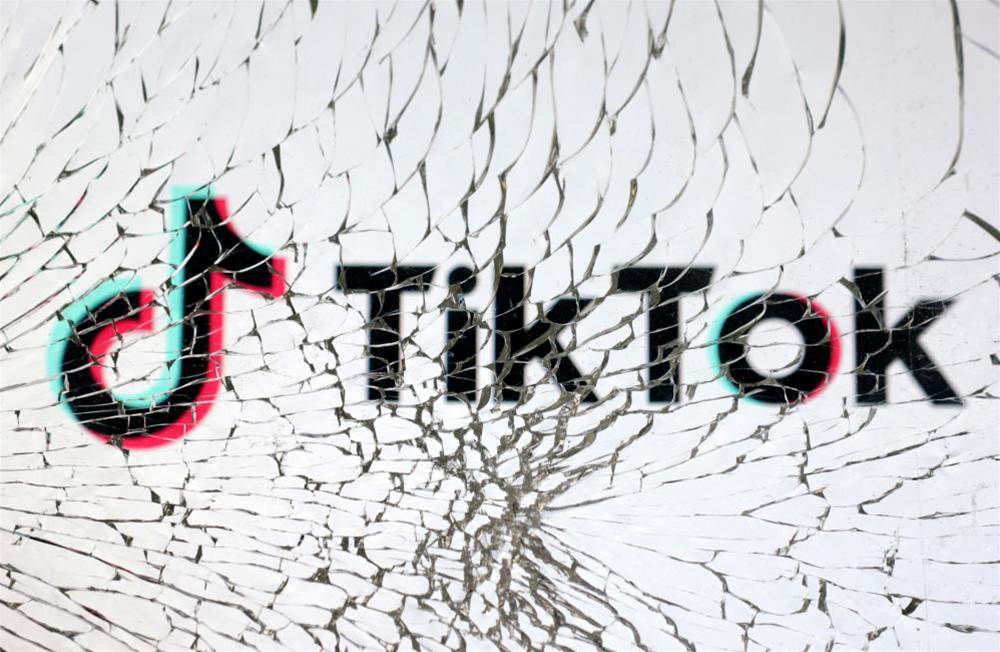Australia Unveils Revolutionary Legislation to Prohibit Social Media Use for Those Under 16
We independently review everything we recommend. When you buy through our links, we may earn a commission which is paid directly to our Australia-based writers, editors, and support staff. Thank you for your support!

Australia’s Innovative Measure: Social Media Restriction for Minors
Summary: Essential Points
- Australia puts forth a proposal to ban social media access for minors under the age of 16, with no exceptions for parental approval or existing accounts.
- Social media companies could incur penalties up to $49.5 million for ongoing non-compliance with the new regulations.
- A pilot age-verification method using biometrics or government-issued ID is under consideration.
- The proposed legislation incorporates strong privacy measures, mandating platforms to eliminate gathered user information.
- Minors will retain access to critical educational and mental health services such as Google Classroom and Headspace.
- The aim of the legislation is to address harmful online material and safeguard the mental health of Australia’s youth.
- Australia’s age limit is one of the most stringent in the world, exceeding similar regulations in France and the United States.
Age Verification: A Technological and Ethical Challenge
Australia is poised to pilot one of the strictest age-verification systems globally to implement its intended social media restrictions. The potential use of biometrics or government ID raises concerns regarding privacy and the practicality of the technology. This method seeks to hold companies accountable instead of depending on parents or young individuals to monitor their use.
While the government assures significant privacy protections, including the disposal of any collected information, critics contend that implementing such a system must equitably balance user safety and data protection. The trial is anticipated to attract attention both nationally and internationally, potentially serving as a model for other countries.
International Perspective: Australia’s Unique Position
Australia’s proposed age threshold of 16 stands as the most stringent internationally, exceeding France’s restriction of 15 (with some parental consent exceptions) and the US’s long-standing parental consent requirement for those under 13. These stringent policies underscore the Albanese administration’s dedication to directly addressing online challenges, despite calls for more information from opposition and independent parties.
This assertive position reflects increasing international worries regarding the effects of social media on younger populations. Nations like the UK and Canada are also examining similar regulations, indicating a wider trend toward tighter digital controls.
Tackling Mental Health Issues
A significant motivator behind the proposed legislation is the disturbing influence of social media on the mental wellness of Australian youths. Government statistics indicate that around two-thirds of Australians aged 14 to 17 have come across harmful content online, including issues related to substance abuse, self-injury, and suicidal thoughts.
Prime Minister Anthony Albanese and Communications Minister Michelle Rowland have highlighted the particular dangers young girls face regarding body image and the exposure boys have to misogynistic materials. These issues reinforce the need for stricter regulations to foster a safer online landscape for minors.
Allowances and Exceptions
Despite the rigorous nature of the proposed ban, it permits exceptions for platforms that provide educational, health, and social services. Applications like Google Classroom, YouTube (for educational purposes), and Headspace will remain accessible to individuals under 16. This guarantees that children still receive crucial online resources while being protected from the dangers of conventional social media.
Conclusion
Australia’s pioneering legislation to prohibit social media for those under 16 sets a fresh global benchmark for online safety. With stringent age-verification protocols, significant penalties for non-compliance, and a focus on mental health, the law aspires to foster a more secure digital environment. While it has ignited discussions regarding privacy and enforcement, the Albanese administration’s audacious strategy indicates a shift towards placing youth welfare above platform profitability.
FAQs
Q: What is the primary aim of this law?
A:
The main objective is to shield minors under 16 from damaging online content and mitigate the mental health risks tied to excessive social media interaction.
Q: How will the age-verification process function?
A:
The government is evaluating the potential use of biometrics or government identification to verify users’ ages. Further specifics on the technology and its application are still under deliberation.
Q: Will minors retain access to educational tools?
A:
Yes, platforms such as Google Classroom and Headspace will be exempt from the restriction, ensuring access to educational and mental health services.
Q: What repercussions will social media platforms face for non-compliance?
A:
Fines reaching $49.5 million could be imposed for systematic violations, establishing one of the toughest penalties in the world for online safety infringements.
Q: How does this law compare to similar restrictions in other countries?
A:
Australia’s age threshold is the highest worldwide, exceeding France’s limit for minors under 15 and the US’s requirement for parental consent for children under 13.
Q: Will user privacy be compromised under this law?
A:
The legislation incorporates comprehensive privacy measures that mandate platforms to destroy any data obtained during age verification, safeguarding users’ personal details.
Q: What criticisms have emerged regarding this proposed legislation?
A:
Critics express concerns that the age-verification system may infringe on privacy, along with apprehensions about the effectiveness of enforcing the law, particularly as tech-savvy minors might devise potential loopholes.
Q: When is this law expected to be enacted?
A:
The bill has been introduced in parliament, but the timeline for its implementation will hinge on legislative approval and the establishment of the age-verification framework.
